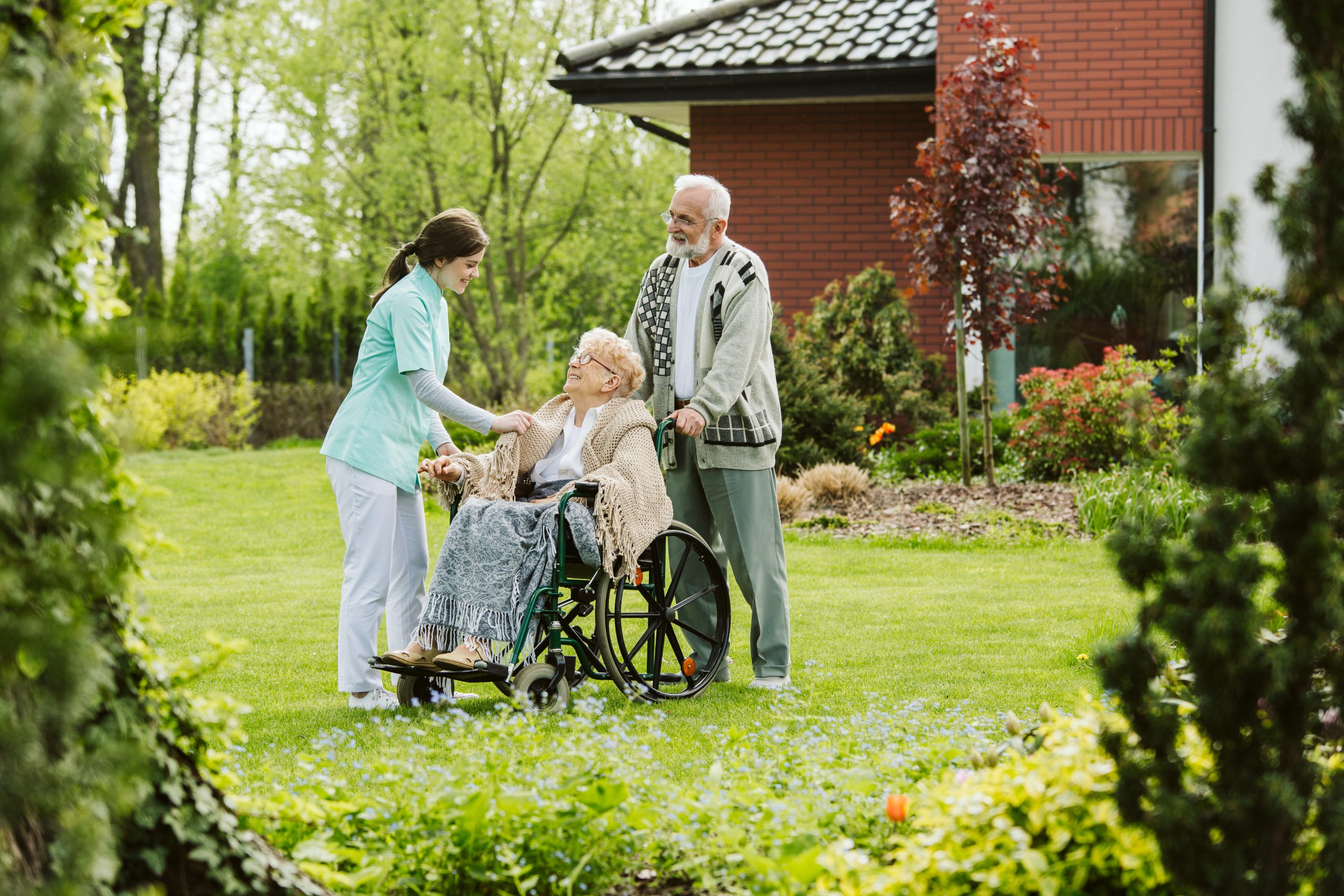What is Dementia and how is it diagnosed?


Diagnosing dementia
It is very important for anyone who has problems with their memory to contact their GP and get an assessment.
Problems with your memory may be caused by a treatable condition such as depression or infection, rather than dementia. It’s important therefore to find out the cause to allow the person to get the right treatment.
If the problems with memory are caused by dementia, getting a diagnosis has many benefits. It provides someone with an explanation for their symptoms, gives them access to treatment, advice, and support, and allows them to prepare for the future and plan ahead. Knowing the type of dementia (for example, Alzheimer’s disease or vascular dementia) is also important, because it may help the person get appropriate treatment.
Who can diagnose dementia?
Dementia will normally be diagnosed by a specialist doctor who could be:
- a psychiatrist – a mental health specialist,
- a geriatrician – a doctor who specialises in the physical health of older people,
- a neurologist – someone who specialises in diseases of the nervous system.
- a GP or specialist nurse may sometimes make the diagnosis if they have relevant expertise and training.
Treatments for dementia
The large majority of causes of dementia cannot be cured, although research is continuing into developing medicines, vaccines, and other medical treatments. However, there are many things we could do to help someone with dementia live well with the condition. Any care and support need to focus on the individual’s needs and preferences.
Non-prescription treatments and support
There is a range of non-drug treatments available that can help someone to live well with dementia. These include. The GP, memory service, or local Alzheimer’s Society are good places to start for more information on what is available.
- Information, advice, support, therapies, and activities – please speak with your local GP or Alzheimer’s Society about any therapies which are available locally. There may be advice and support available both for the person living with dementia and their carer.
- Talking therapies, which include counselling, can help someone come to terms with their diagnosis or discuss their feelings.
- Cognitive behavioural therapy (CBT) may be offered if the person develops depression or anxiety.
- Cognitive stimulation therapy can be offered to help keep someone’s mind active. It involves doing themed activity sessions over several weeks.
- Cognitive rehabilitation can help an individual retain their key skills and cope better with the condition. Support devices such as pillboxes and calendar clocks can further support the person living with dementia in a practical way.
Some people with dementia enjoy working on their life story book/notes, which encourages them to share their life experiences and memories. As their dementia progresses, they may also enjoy reminiscence work with the support from their family and friends. Such activities can help improve someone’s mood, well-being, and mental abilities.
Other activities which can stimulate the mood and reminiscence include music, singing, or art. It is vital that people with dementia stay as active as they possibly can – not just physically and socially but also mentally. Taking part in meaningful activities that the person enjoys can lead to increased confidence and self-esteem.
Can dementia be prevented?
It is not often possible to say why a particular person has developed dementia. Although aging is the biggest factor for dementia, there are a number of things we can do to maintain a healthy life and reduce the chances of getting dementia. These include:
- Taking a regular physical exercise (for example, cycling, swimming, brisk walking)
- Maintaining a healthy weight
- Not smoking
- Drinking alcohol only in moderation, or not drinking at all
- Having a healthy balanced diet that is low in saturated fat, and does not contain too much salt, sugar, or red meat, but contains fish and plenty of fruit, vegetables, and grains. The vegetables which are said to be particularly beneficial are raw leafy greens, especially darker greens such as spinach, kale, and romaine lettuce, as they have more brain-boosting antioxidants and vitamin K
- Being mentally active (doing puzzles, reading, or learning a new skill)
- Being socially active (visiting friends, volunteering)
What risk factors can we change?
There are a number of factors which can lead to narrowing of the arteries thereby increasing the risk of developing Alzheimer’s disease and vascular dementia. These include:
- Having high blood pressure
- Lack of physical exercise
- Smoking
Our care teams are trained to deal with residents with dementia and know what signs to look out for and how best to care for someone with early signs of this disease.


